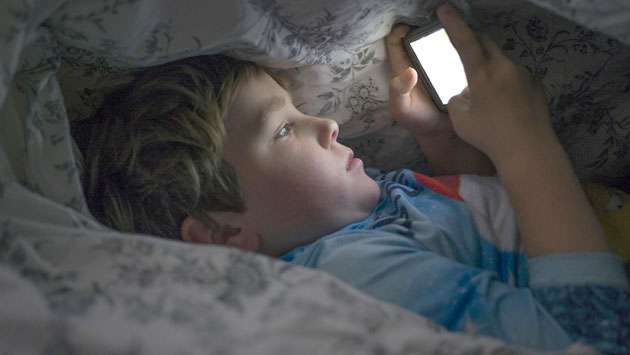Reply To:
Name - Reply Comment

 Colombo, August 9 (Daily Mirror) - Approximately 25 percent of children less than one year in Sri Lanka are having some form of sleep related problem that can lead to various physical and mental health issues due to not getting good sleep, Health Promotion Bureau (HPB) Consultant Community Physician Dr. Enoka Wickramasinghesaid.
Colombo, August 9 (Daily Mirror) - Approximately 25 percent of children less than one year in Sri Lanka are having some form of sleep related problem that can lead to various physical and mental health issues due to not getting good sleep, Health Promotion Bureau (HPB) Consultant Community Physician Dr. Enoka Wickramasinghesaid.
Although not much research has been done on sleep among Sri Lankan children, and considering thelimited data available, she said there are effects of sleep deprivation in adolescents and adults.
Addressing the media, she mentioned “sleep hygiene, which refers to healthy habits, behaviours, and environmental factors related to sleep.
These factors can be adjusted to help you have a good night’s sleep. “In the past, people used to go tosleep when the sun set and woke up when the sun rose. Prolonged use of artificial lighting and an increase in screen time from devices like mobile phones, computers, tabs and TV can keep people
awake and negatively affect their sleep patterns.
Several studies have shown that changes in sleep patterns cause various physical, mental, and social problems. Because of this, many measures have been taken to improve people’s health,” Dr. Wickramasinghe said.
Specially schoolchildren need good sleep to have a stable memory, she said. Therefore, Dr. Wickramasinghe mentioned that it is the responsibility of parents to ensure their children get a good night’s sleep.
“To practice the habit of good sleep, several steps need to be followed, such as the regular time of going to sleep and waking up, the place where they sleep, the way they sleep, the environmental conditions, and the duration of sleep. Parents and guardians can help their children develop good sleep habits.
The World Health Organization (WHO) has made recommendations regarding the number of hours of sleep per day for each age group. The WHO recommends that infants from birth to three months should sleep about 14 to 17 hours per day.
From four months to one year, infants need 12 to 16 hours of sleep. Children aged 1 to 2 years should sleep 11 to 14 hours, while those aged 3 to 4 years need 10 to 13 hours. At age 5, children should get 10 to 12 hours of sleep. According to the WHO recommendations, children under five years old need to get more than 50 percent of their 24-hour sleep as it helps their physical, mental, and social wellbeing. Young adults and older individuals should aim for at least 7-8 hours of sleep for their mental and physical health.
Dr. Wickramasinghe recommended that parents stop using digital screens at least one hour before bedtime. According to available data, it is not suitable for children under two years old to use digital screens. Children between the ages of 2 and 5 can use digital screens for up to half an hour per day,
under the supervision of parents or guardians. Children should avoid areas with loud noises and bright light when they are sleeping as these can affect their sleep and thereby their growth and braindevelopment.